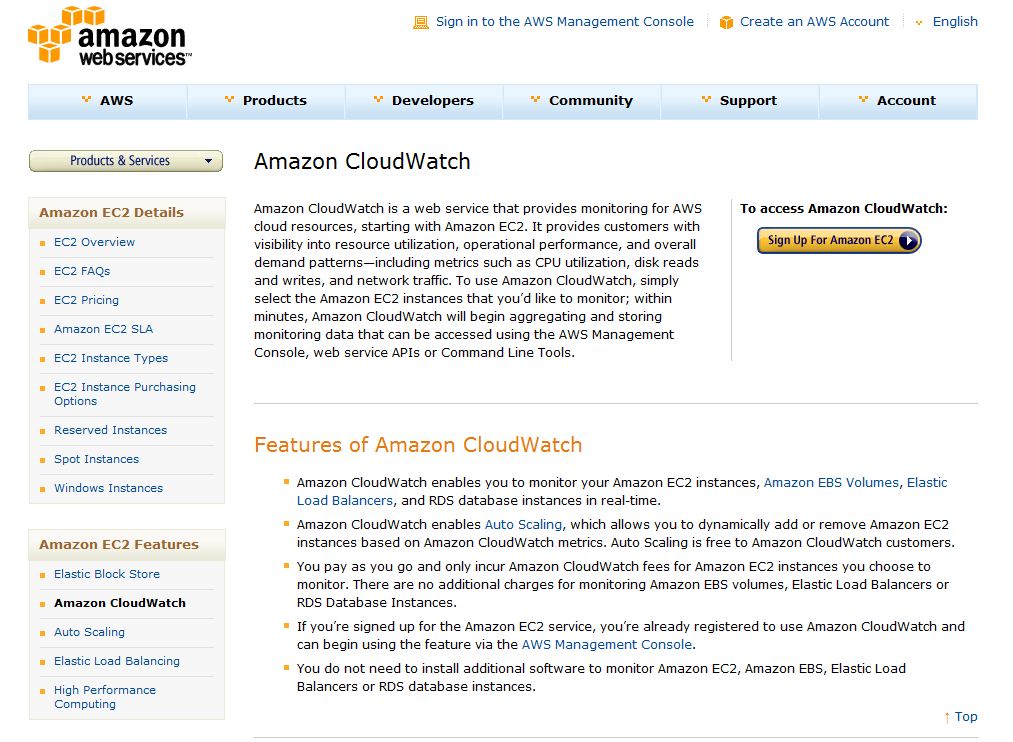Public And Private Hybrid Clouds: The Pros And Cons
Hybrid Clouds Let You Relinquish Local Control Logically And Safely
The notion of a hybrid cloud is gaining traction. These are virtual services that run in various locations to deliver applications that can make use of a combination of public clouds and private hosted servers, as well as machines inside the data center. While the concept isn't all that new, many vendors are looking for ways to help IT managers more effectively migrate and manage these mixed environments.
New providers are springing up frequently, which makes evaluating them all that much harder. Some are traditional hosting providers, other offer more virtualization expertise and some have built their own management tools around their services. All this activity is a good thing, because chances are you will need more than one cloud provider by the time you get serious about this technology: some are better at hosting servers, other at providing more networking or applications infrastructure, and others at provisioning new servers.
Let's start with the traditional vendors: Microsoft is trying to capture some of this market and has a great starting place for more information, click here, including a list of hosting providers that support Hyper-V. And, Intel has its Hybrid Cloud offering. Check it out here. Intel's program is in limited beta and looking to sign up VARs who are interested in providing managed servers and want to include a variety of options, including firewall, VoIP PBX, virtual storage, and management tools. Google has its Apps and App Engine, along with a series of Web services. Finally, Amazon's Web Services have been around for many years and includes CloudWatch to manage hybrid clouds.
Get Tom's Hardware's best news and in-depth reviews, straight to your inbox.
Current page: Hybrid Clouds Let You Relinquish Local Control Logically And Safely
Next Page Why A Hybrid Cloud?David Strom is the former editor-in-chief at Tom's Hardware and the founding editor-in-chief of Network Computing magazine. He has written thousands of articles for dozens of technical publications and websites, and written two books on computer networking.
-
king smp Good info.Reply
Whether you like it or not cloud computing IS the future.
Ten years from now the traditional desktop/laptop is gone.
The future for home users will be web appliances tapped into the cloud and us paying not only for internet but for processing usage.
This was predicted back in the 1960's... -
iamtheking123 I guess I need a tshirt that says my email was in the cloud before the cloud existed. Just another buzzword for CIO's to throw around to sound intelligent.Reply -
Box293 The Cloud word has existed for a long time now. Look at old versions of Visio (before Microsoft purchased it) and they used a cloud to represent the Internet. Even our ISP has been using this term for 10 years now with their Private IP Cloud network.Reply -
It is so surprised why Colt is not been considered as Cloud provider as it has started offering various cloud functionality.Reply
-
William Smith A hybrid cloud is a combination of both public and private clouds. A hybrid cloud is a combination of public and private clouds bound together by either standardized or proprietary technology that enables data and application portability. It could be a combination of a private cloud inside an organization with one or more public cloud providers or a private cloud hosted on third-party premises with one or more public cloud providers. Hybrid clouds offer the cost and scale benefits of public clouds while also offering the security and control benefits of private clouds.Reply
